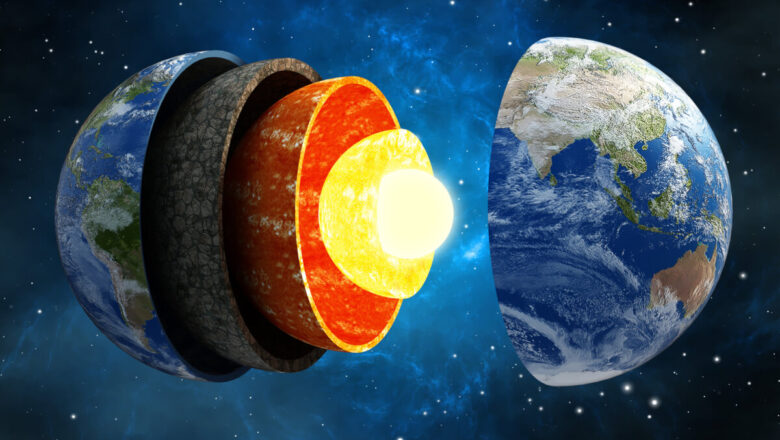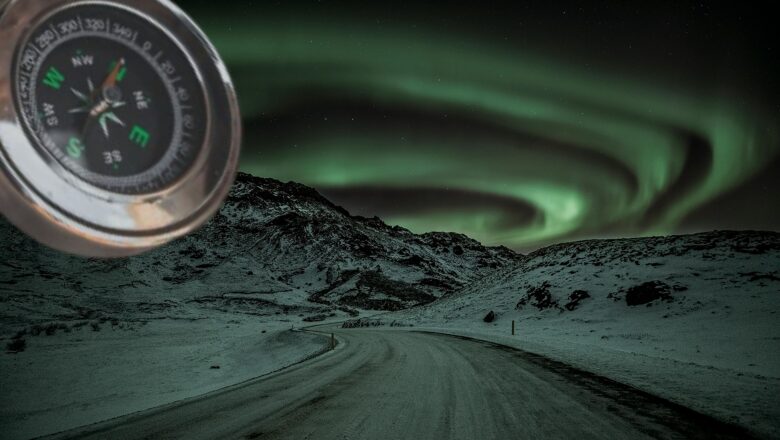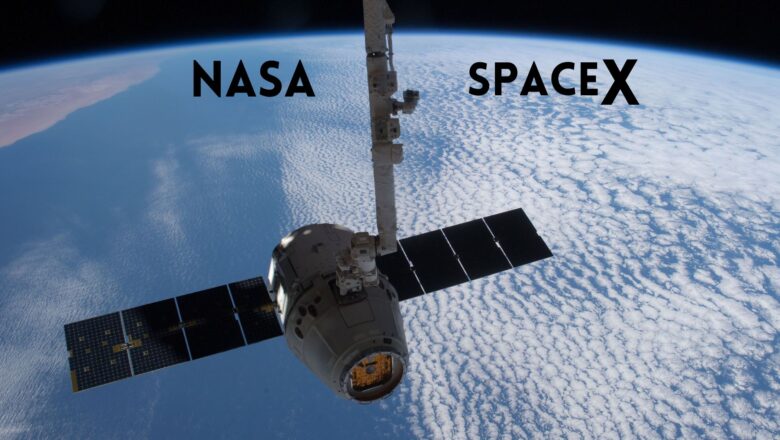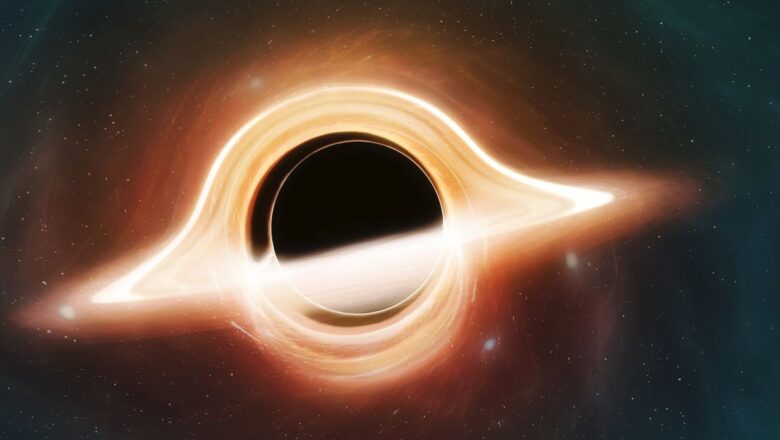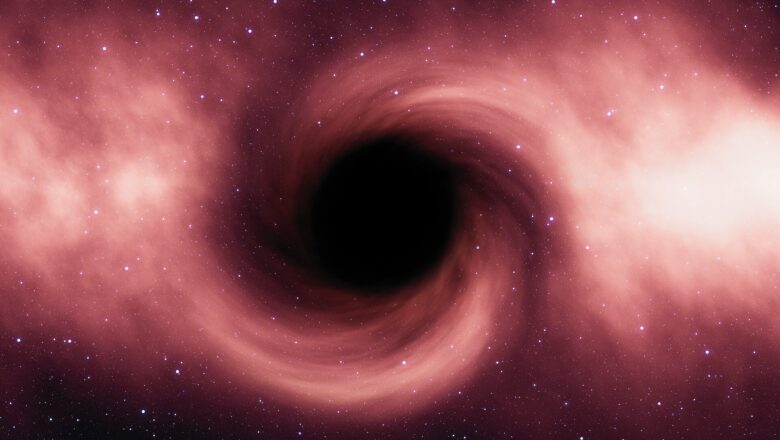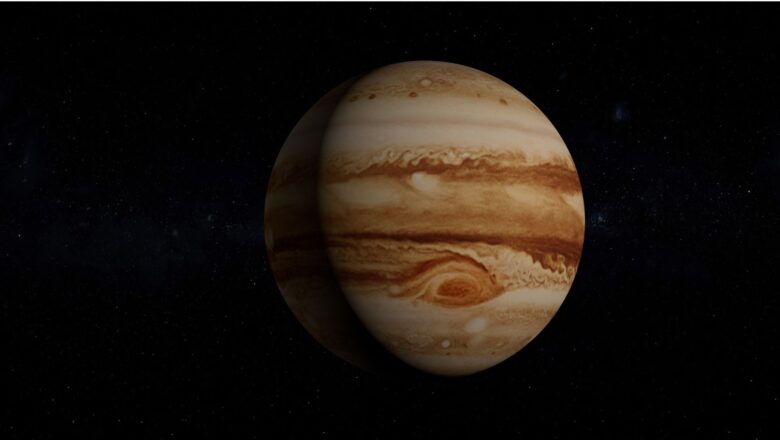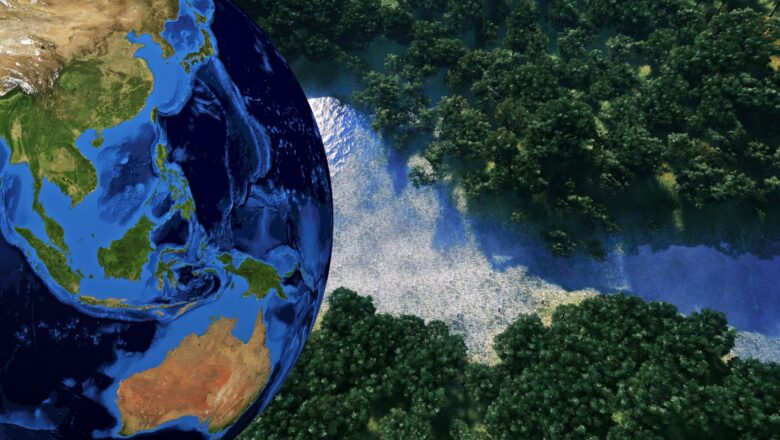
Earth Changing Seasons Threaten Global Ecosystems and Species
Earth’s seasonal cycles so central to life on the planet are undergoing dramatic shifts due to climate change and human activity. These changes are putting species, ecosystems, and even human societies at growing risk.
From tropical rainforests to polar ice caps, the planet’s annual journey around the Sun brings seasonal variations in temperature, rainfall, and sunlight. These rhythms drive plant growth, animal migration, reproduction, and even cultural events like harvests and festivals.
But human-caused disruptions such as deforestation, dam construction, and global climate change are now altering these cycles across regions. From snowmelt timing in the mountains to shifts in monsoon rains, ecosystems are struggling to adapt.
Ecological relationships often depend on precise seas...

